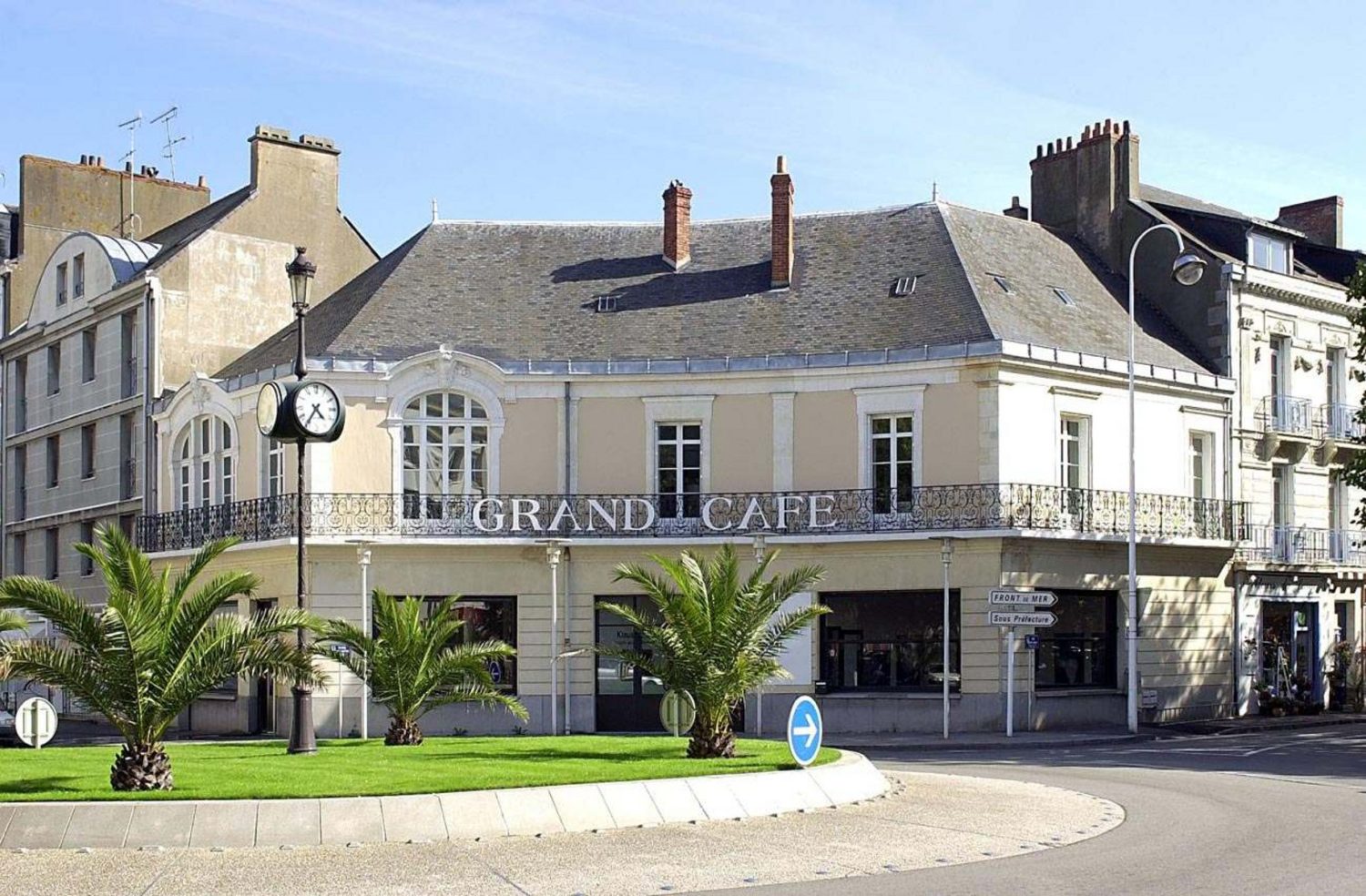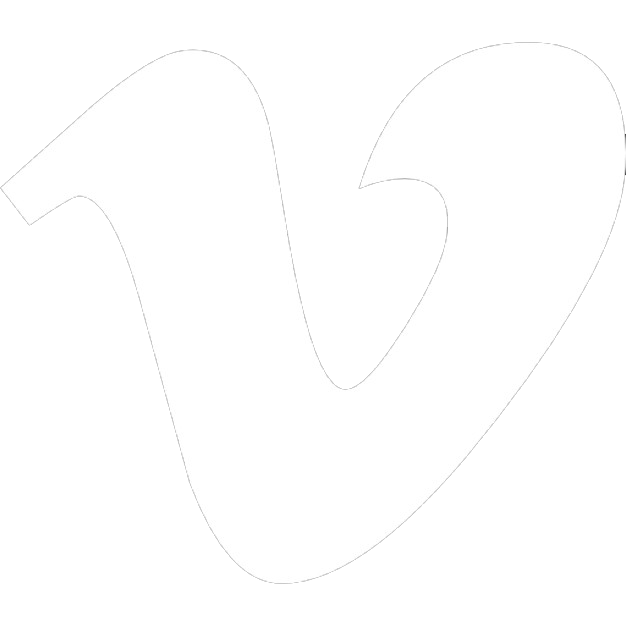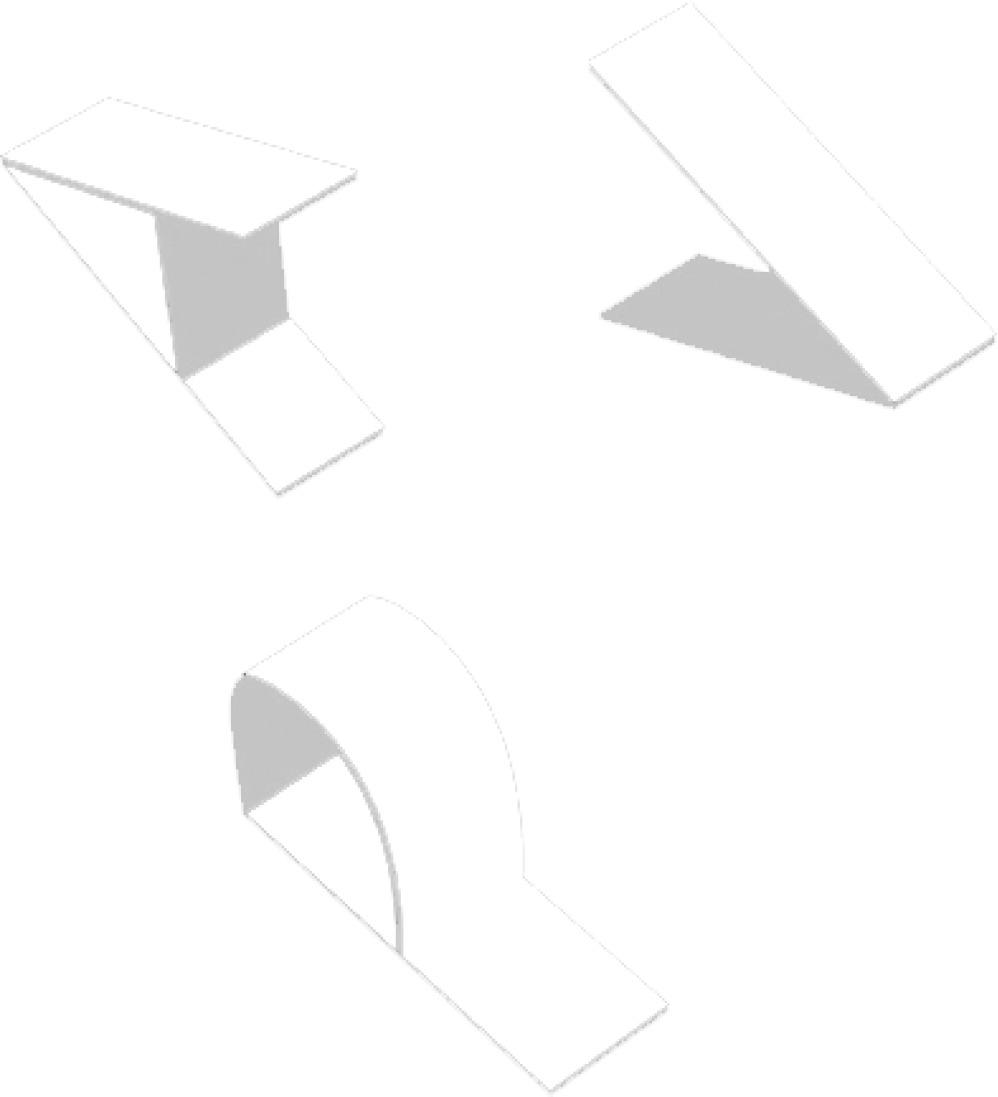Team
Directrice et commissaire des expositions
Chargée de communication
annereaubarh@mairie-saintnazaire.fr
+33 (0)2 40 00 41 74
Situated at the junction of the Atlantic Ocean with the Loire Estuary, since its creation Le Grand Café has developed an international project closely articulated with Saint-Nazaire itself. Saint-Nazaire is a port town modelled by post-war reconstruction and industry, and has shown itself to be a fertile ground for artistic experimentation that explores the area’s dynamics and mutations.
The programme at Le Grand Café favours solo exhibitions, sometimes created as the outcome of a residency. These exhibitions are an opportunity to work on the production of new artworks in which the artist’s personal interests intersect with their experience of the site or the town. Since its beginnings, the art centre has taken an interest in the art scenes of Central and Latin America.
Le Grand Café also runs an offsite programme with permanent or temporary works in the public space and a regular presentation of exhibitions at the LiFE.
The artistic and cultural project of Le Grand Café is organised around several objectives. They include supporting creation and experimentation through the production of artworks and long-term support for artists (exhibition, production of artworks, publications, residencies), promoting and introducing audiences to contemporary art through a range of activities and a differentiated approach to welcoming the public: interpretation for all audiences (such as schools, young people, students, adults, and people with specific needs), the organisation of events, conferences, encounters, workshops, art education through learning pathways and visual workshops, a research laboratory, a resource space (producing content, supporting theoretical research) and the development of partnerships at local, national and international levels.
